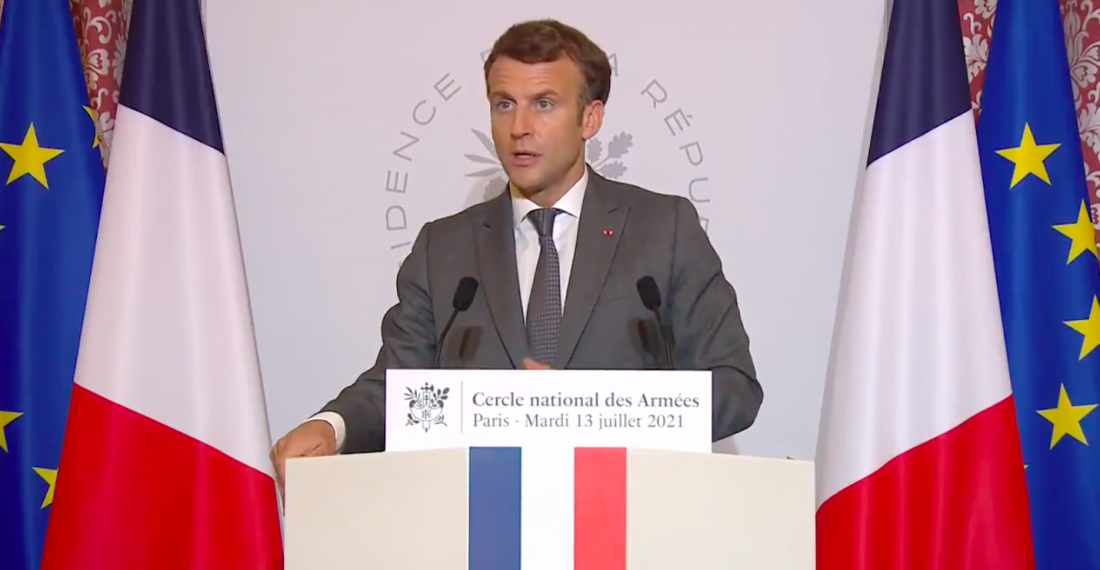The French anti-jihadist operation Barkhane in the Sahel will be wound up early in 2022, French President Emmanuel Macron has announced. On 10 June, Macron already stated his intention to bring the operation to an end but did not specify a date.
"It is in the first quarter of 2022 that we will put an end to Operation Barkhane in good order, but by continuing to act" in the region because "we are not disengaging", he declared during his traditional address to the armies on the eve of the 14 July – France's national day – parade. He announced on Friday (10 July) that the process of closing the bases of the Barkhane force in the north of the Mali would begin in the "second half of the year 2021" and that the military precincts of Kidal, Tessalit and Timbuktu would be closed "by beginning of the year 2022".
Also on Friday, after a summit with the G5 Sahel, Macron announced a progressive reduction of the French armed presence. The troops mobilised in the Sahel will have to decrease from 5,100 soldiers to 2,500 or 3,000 "in the long term".
Nonetheless, this does not mean the end of the French presence in the region, reminded the head of state. The French minister of Armed Forces, Florence Parly, also repeated this on Wednesday to the French radio France Inter that the end of Operation Barkhane does not mean that France is leaving the Sahel.
After eight years of massive engagement and 50 deaths in combat, the French presence in the Sahel is about to change form. The European task force, Takuba, is expected to carry out most counter-terrorist missions in the region in the near future.
Emmanuel Macron wished, in his speech, to salute the French engaged in military action. "It is the French army and Operation Barkhane which have prevented, in recent years, the constitution of a territorial caliphate in the Sahel," he said. "Without our armies, all or part of this region would have fallen into the hands of jihadism and terrorism with a duly organised terrorist state."






